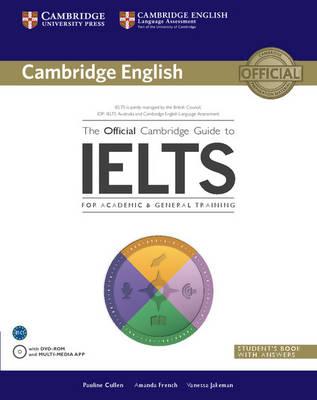Medieval Lucca: And The Evolution Of The Renaissance State Hardcover English by M. E. Bratchel - 15 Nov 2008
Was:
AED 1068.00
Now:
AED 1064.00 Inclusive of VAT
Saving:
AED 4.00
 Free Delivery
Free Delivery
Get it by 7 - 12 Feb

Earn AED 53.20 cashback with the Mashreq noon Credit Card. Apply now




1
Free delivery on Lockers & Pickup Points
Learn more
Enjoy hassle free returns with this offer.

Item as Described
70%
Partner Since
7+ YearsSpecifications
| Publisher | Oxford University Press |
| ISBN 13 | 9780199542901 |
| Author | M. E. Bratchel |
| Language | English |
| Book Subtitle | And The Evolution Of The Renaissance State |
| Book Description | Although there are many books in English on the city and state of Lucca, this is the first scholarly study to cover the history of the entire region from classical antiquity to the end of the fifteenth century. At one level, it is an archive-based study of a highly distinctive political community; at another, it is designed as a contribution to current discussions on power-structures, the history of the state, and the differences between city-states and the new territorial states that were emerging in Italy by the fourteenth century. There is a rare consensus among historians on the characteristic features of the Italian city-state: essentially the centralization of economic, political, and juridical power on a single city and in a single ruling class. Thus defined, Lucca retained the image of an old-fashioned, old-style city-republic right through until the loss of political independence in 1799. No consensus exists with regard to the defining qualities of the Renaissance state. Was it centralized or de-centralized; intrusive or non-interventionist? The new regional states were all these things. And the comparison with Lucca is complicated and nuanced as a result. Lucca ruled over a relatively large city territory, in part a legacy from classical antiquity. Lucca was distinctive in the pervasive power exercised over its territory (largely a legacy of the region's political history in the early and central middle ages). In consequence, the Lucchese state showed a marked continuity in its political organization, and precociousness in its administrative structures. The qualifications relate to practicalities and resources. The coercive powers and bureaucratic aspirations of any medieval state were distinctly limited, whilst Lucca's capacity for independent action was increasingly circumscribed by the proximity (and territorial enclaves) of more powerful and predatory neighbours. |
| Editorial Review | Bratchel's study, drawing on an inspirational breadth of archival research, offers a wide-ranging study of the political and economic fabric of Lucca and the Lucchese from the twelfth to the fifteenth century. * Miles Pattenden, Journal of Urban History * For those interested in the political history of medieval and Renaissance Lucca, this book is indispensible...a masterpiece of detailed information. * Mark Jurdjevic, Speculum. * Bratchel's book, while suitably specialized. deserves the widest possible readership. It is a case-study in making the best use of thin documental pickings and it reminds us that, for all the risks, adopting a broad chronological approach...can pay dividends. * Jonathan Wright, Journal of European Studies 39(4) |
| About the Author | M. E. Bratchel is Senior Lecturer in the Department of History at the University of the Witwatersrand and has held visiting fellowships at many institutions, including the Harvard University Center for Italian Renaissance Studies at Villa I Tatti, Cambridge, the University of London, the Bellagio Study and Conference Center, and the Liguria Study Center for the Arts and Humanities at Bogliasco. He has written numerous articles on the social and economic history of Tuscany and on state-formation in late medieval Italy and is the author of Lucca 1430-1494: The Reconstruction of an Italian City-Republic, also published by Oxford University Press. |
| Publication Date | 15 Nov 2008 |
| Number of Pages | 272 |
Medieval Lucca: And The Evolution Of The Renaissance State Hardcover English by M. E. Bratchel - 15 Nov 2008
Added to cart
Cart Total AED 1064.00


























































































































